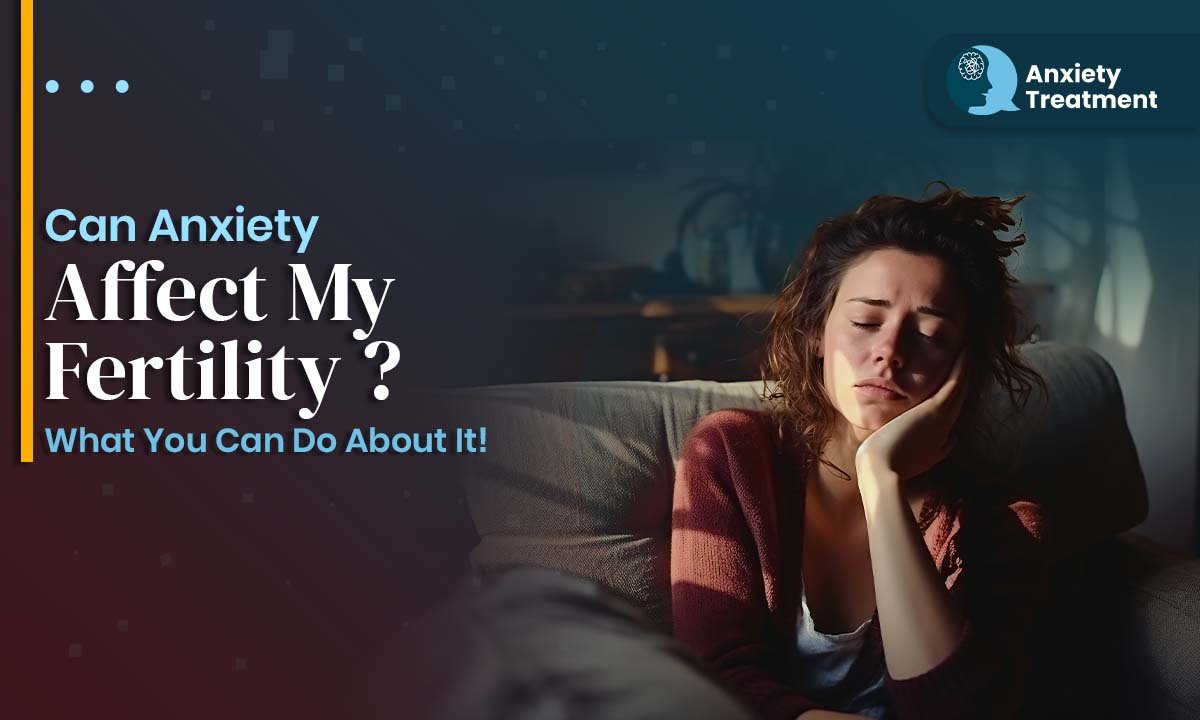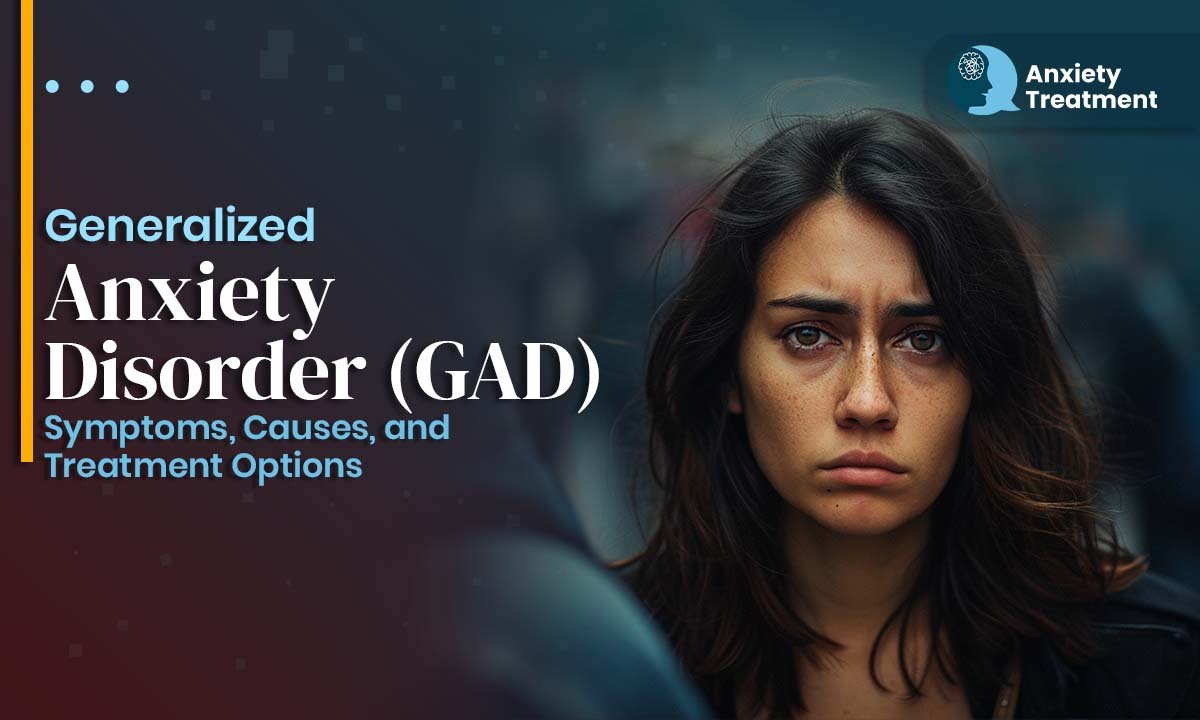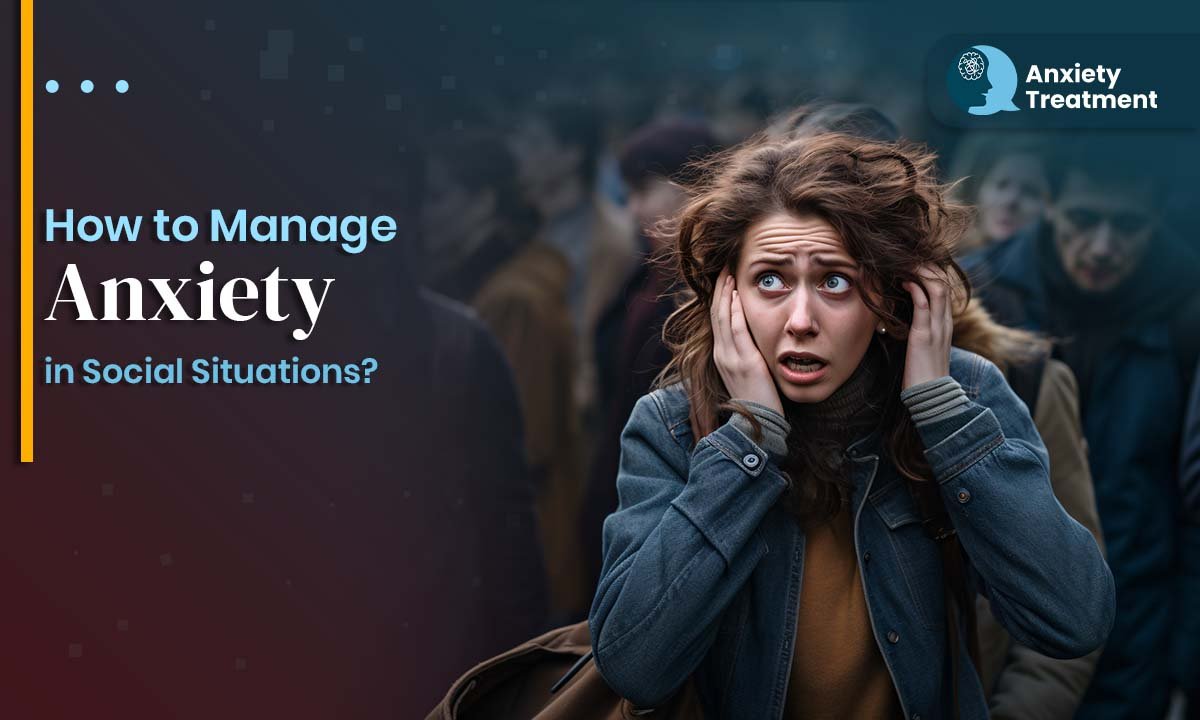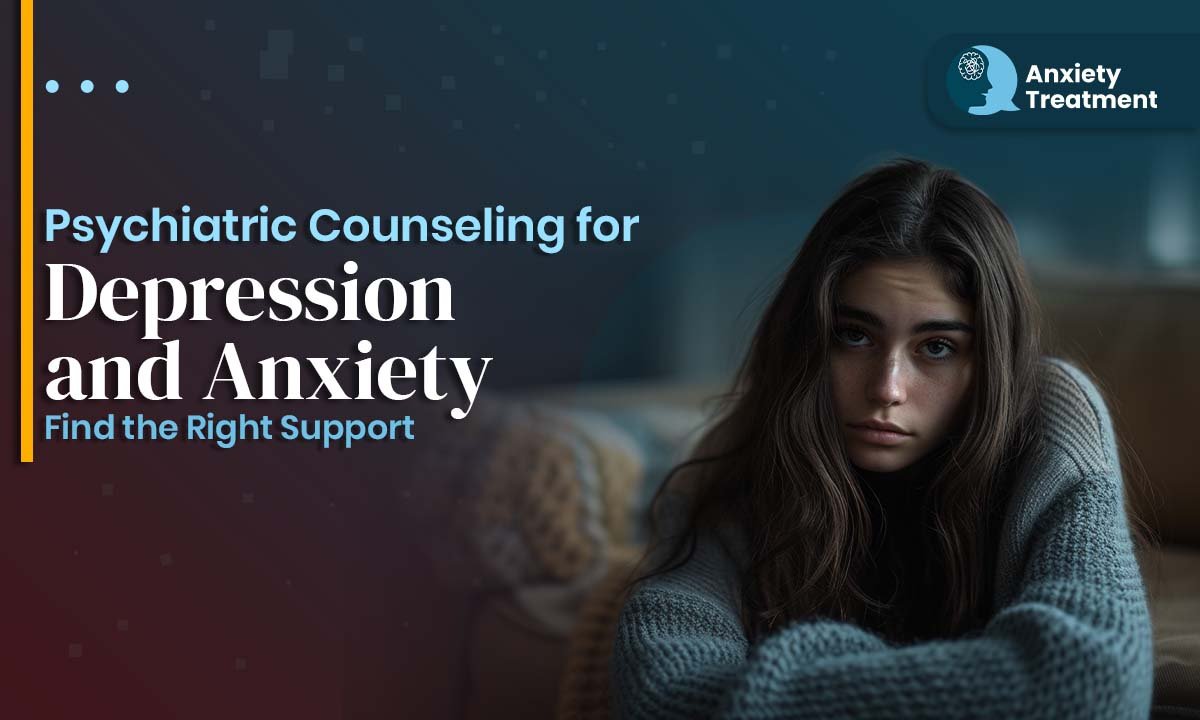If you’ve been wondering, can anxiety affect my fertility?, you're not alone. This question is becoming increasingly common, especially among women trying to conceive (TTC). While fertility challenges are often viewed through a physical lens, emotional and mental health play a significant role.
In this blog, we explore the science behind anxiety and fertility, how stress affects ovulation, and what you can do to regain both calm and control over your reproductive health.
Understanding the Link Between Anxiety and Fertility
The human body is a complex system, and reproduction is deeply connected to your emotional state. When anxiety becomes chronic, it can lead to hormonal imbalances that may interfere with ovulation and other reproductive functions.
How Does Stress Affect Fertility?
Stress activates the release of cortisol, a key hormone produced by the adrenal glands that helps the body respond to pressure. When cortisol levels stay elevated over time, the body prioritizes survival functions not reproduction. This hormonal shift can:
- Disrupt your menstrual cycle
- Delay or suppress ovulation
- Lower libido and sexual function
- Affect implantation of a fertilized egg
In short, yes anxiety and stress can negatively impact fertility, especially if left unmanaged.
The Science - What Happens in the Body?
When you're anxious, your hypothalamus, the part of the brain that regulates reproductive hormones, can become dysregulated. This impacts the pituitary gland and ovaries, affecting estrogen and progesterone production.
Here's what science shows
- Stress and ovulation : Chronic stress may delay or prevent ovulation altogether.
- Mental health and infertility : Studies have found that women with high anxiety or depression levels are more likely to experience difficulty conceiving.
- Stress-related behaviors : Poor sleep, poor diet, excessive caffeine, or alcohol often fueled by anxiety can also impair fertility.
While anxiety alone doesn't cause infertility, it can be a major contributing factor, especially when combined with other health issues.
Common Symptoms to Watch For
If you're trying to conceive and suspect stress or anxiety might be interfering, pay attention to these signs:
- Irregular or missed periods
- Persistent worry or racing thoughts
- Sleep disturbances
- Decreased sexual interest
- Mood swings or irritability
- Difficulty focusing
- Physical tension or fatigue
These symptoms don’t just affect mental clarity they can influence your hormonal cycle and reproductive health as well.
What You Can Do - Practical Steps to Reduce Anxiety and Support Fertility
The good news? There are effective, natural ways to reduce anxiety and support your reproductive health simultaneously. Here are some strategies
1. Practice Mindfulness and Meditation
Research shows that mindfulness-based stress reduction (MBSR) can help balance hormones, reduce cortisol levels, and support ovulation. Even 10 minutes a day of deep breathing or guided meditation can make a difference.
2. Maintain a Fertility - Friendly Diet
A balanced diet rich in omega-3s, antioxidants, leafy greens, and whole grains helps regulate hormones and reduce inflammation, both of which are crucial for fertility and mental health.
3. Exercise in Moderation
Physical activity helps burn off stress hormones, boosts endorphins, and improves blood flow to reproductive organs. Opt for moderate activities like yoga, brisk walking, or swimming.
4. Seek Therapy or Counseling
Cognitive Behavioral Therapy (CBT) has proven to be one of the most effective approaches for managing and reducing anxiety.If you’re facing mental health and infertility together, a therapist trained in reproductive psychology can provide support and coping tools.
5. Limit Caffeine and Alcohol
Excessive caffeine and alcohol intake can increase anxiety levels and interfere with hormonal balance. Reducing consumption may support better mental health and enhance fertility potential.
When to Seek Medical Help?
If you’ve been trying to conceive for over 6–12 months (depending on your age) and feel overwhelmed by anxiety, it may be time to consult:
- A fertility specialist to assess physical causes
- A licensed mental health professional can help address the underlying causes of anxiety through personalized therapy and support
- An integrative care provider who addresses both physical and emotional aspects
Holistic care is often the most effective when navigating the sensitive overlap between anxiety and fertility.
Conclusion
So, can anxiety affect my fertility? Absolutely. While anxiety may not directly cause infertility, it can disrupt the body’s natural rhythms, interfere with ovulation, and lower your chances of conception especially when chronic.
The key is to recognize the connection between your mind and body. By prioritizing your mental health and practicing stress-reducing habits, you’re not only investing in your emotional well being but also creating a more supportive environment for your reproductive system to thrive.






